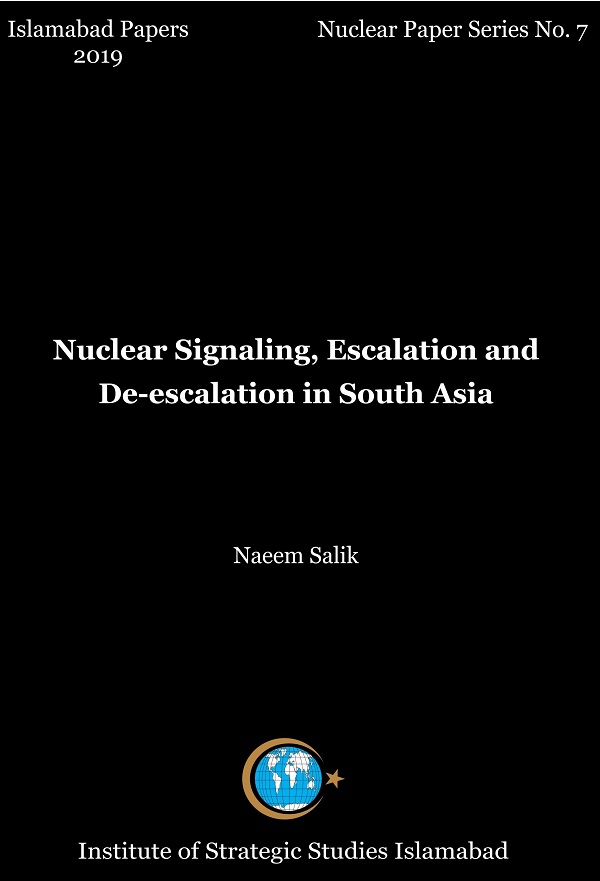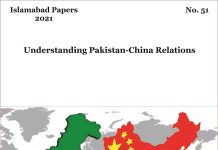Abstract
In deterrence theory, besides the capability and political will, the communication of deterrence threat is the third crucial element. However, it has been commonly experienced especially in the context of India-Pakistan hostility that such signals fall on deaf ears. The long festering disputes have created a deep seated mistrust between the two neighbors which leads them to either be dismissive of the signals emanating from the other side, or receive them in an entirely different light in stark contrast to the actual spirit behind these due to perceptual biases and pre-conceived notions about the intentions of the other side. No significant effort seems to have been made by either side to develop their understanding of the concepts of nuclear signaling and de-escalation. An additional difficulty is the lack of a common nuclear jargon which sometimes leads to misinterpretation of messages leading to avoidable crisis situations. These shortcomings need to be seriously addressed by the strategic communities in both India and Pakistan to avoid future crises and to develop mechanisms for de-escalation during crises, or in the event of an actual outbreak of hostilities.















